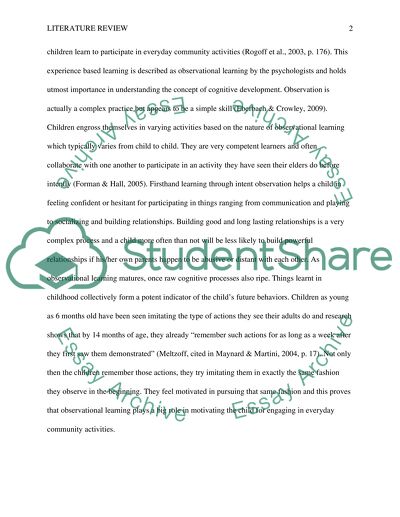Cite this document
(“Developmental Psychology - Literature Review Essay”, n.d.)
Developmental Psychology - Literature Review Essay. Retrieved from https://studentshare.org/psychology/1446720-developmental-psychology-literature-review
Developmental Psychology - Literature Review Essay. Retrieved from https://studentshare.org/psychology/1446720-developmental-psychology-literature-review
(Developmental Psychology - Literature Review Essay)
Developmental Psychology - Literature Review Essay. https://studentshare.org/psychology/1446720-developmental-psychology-literature-review.
Developmental Psychology - Literature Review Essay. https://studentshare.org/psychology/1446720-developmental-psychology-literature-review.
“Developmental Psychology - Literature Review Essay”, n.d. https://studentshare.org/psychology/1446720-developmental-psychology-literature-review.


